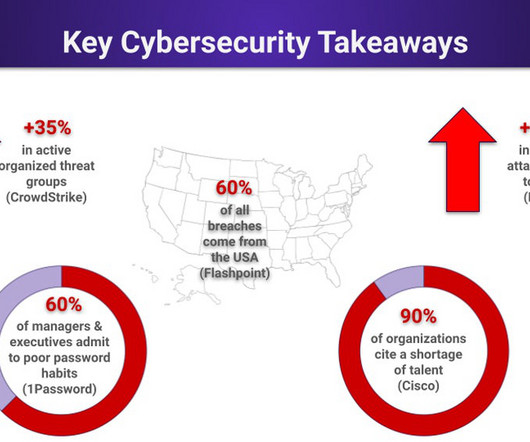The Pain of Double Extortion Ransomware
Thales Cloud Protection & Licensing
FEBRUARY 15, 2023
Ransomware attacks have become much more dangerous and have evolved beyond basic security defenses and business continuity techniques like next-gen antivirus and backups. At this point, typical defenses for ransomware, such as backups and restoration of systems and data, do not apply.











Let's personalize your content